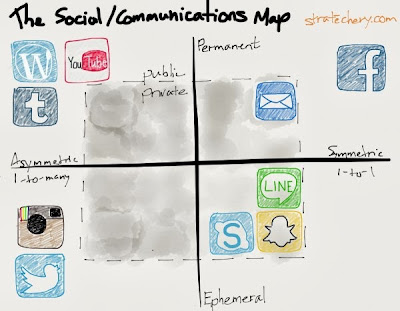Shoulders of Giants
Sir Isaac Newton, he of the falling apple fame (and oh yeah, gravity too), is supposed to have said these famous lines as a sign of humility: “If I have seen farther it is by standing on the shoulders of giants.” Mario Livio pointed out in his book, Is God a Mathematician? , that those lines may just have been Newton’s way of saying that he owed absolutely nothing to one of his rivals, Robert Hooke, since Hooke was quite short! Then there’s Nick Selby, an upperclassman at Georgia Tech who told incoming freshmen during a memorable welcome speech recently (it’s gone viral on YouTube): “Our mission as students is NOT to follow in the footsteps of the astronauts, Nobel Prize Laureates, and president who graduated before us, but to EXCEED their footsteps, CRUSH the shoulders of the giants upon whom we stand!” Continuing in the Obama vein of “Yes, we can”, Selby thundered: “If you want to change the world, you're at Georgia Tech, you can do that! If you want to build th...




